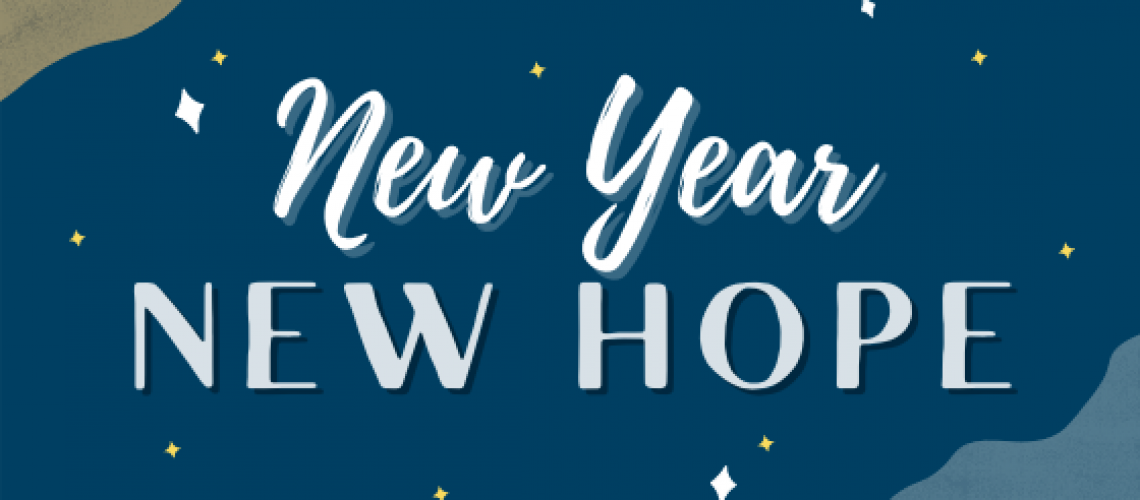What does it mean to make the world a better place? What does that work actually look like? Too often, I think that youth and young adults believe that in order to do good work, you must be in an important position or, at the very least, have graduated college. The problems that plague our society, among them gun violence, poverty, a growing income gap among the rich and poor, and homelessness are complicated issues. However, framing them as large issues that are untouchable to the ‘average’ person belittles our ability to take these issues on, and is a misunderstanding of how large issues are solved in the first place. Our actions can create change, but we must recognize that it is incumbent upon each of us to make an effort.
When I was in undergrad, I took a class that required an ethnography as a final project. An ethnography is a study of individual cultures, but it is unique in that the study takes the viewpoint from the studied object, not the individual who is studying the community. In other words, individuals who do ethnography write about cultures that they study from those within the culture. At my university, there was a large amount of homelessness that I would witness just by walking to and from class. As such, I would see the same individuals consistently, and decided that I would have one couple in particular be the subject of my own ethnography. After getting permission, I sat with one couple in the downtown area of my university, and witnessed what the culture was like to be homeless. Sitting with them and talking with them, I observed their life from their vantage point, instead of being the person who usually walks by.
As people passed us by, refusing to acknowledge the couple (and me), one event particularly struck me. A group of my friends, who lived in the same dorm as me and who I regularly interacted with, completely failed to notice me. Their insistence on failing to engage with the poverty of others was so strong that they had walked by someone they had known and were close to. Confused, I later researched why it is that people completely refuse to acknowledge the suffering among us. Individuals refuse to look largely because it is so uncomfortable, and looking away is a way to avert this discomfort.
How do we engage with issues that are uncomfortable, that we would rather look away from than acknowledge their existence? Just like sitting with the couple during my ethnography, it starts with recognizing the problem. All of us have things in this world that spark our passion. We all have different capabilities, but we do have one thing we have in common- we all have the knowledge, empathy, and compassion inside us to leverage our abilities in a way that makes the world a little better for others.
The belief that only large organizations or influential leaders can tackle large problems is not true. It only seems that way because we see the climax of these events, instead of understanding how we arrived at those moments in the first place. These movements start with many before us paving the path a little farther, making the issue a little clearer, and only with that, can everything finally come together. Everyone has the capacity to help in some way, to make things a little easier for those around us and those who came after. It can start as early as now, and can be as simple as acknowledging someone who is suffering among us.
– Nicole Khamis, YES Leader. Nicole attends Harvard School of Law. She is the founder of MRAP: Michigan Refugee Assistance Program, a student lead non-profit at the University of Michigan.




